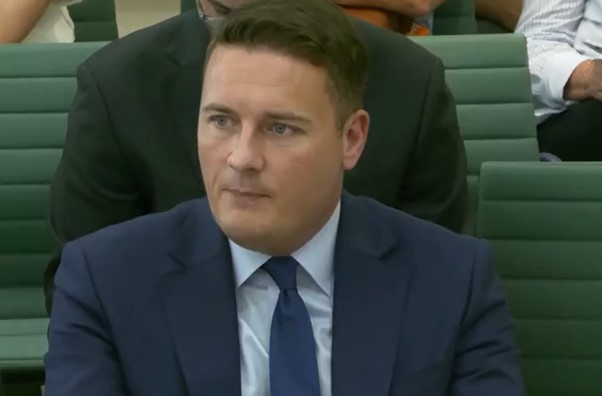The company is working on a lateral flow test that could detect the disease within minutes via a urine sample at a GP surgery or even at home. It hopes the test can be rolled out into a nationwide prostate cancer screening programme that could help save thousands of lives and the NHS millions of pounds every year.
The OSCAR clinical study, a collaborative research project between Aberystwyth University and Betsi Cadwaladr University Health Board, is screening thousands of urine samples from men with prostate cancer from 12 hospitals across England and Wales.
Several key changes, or biomarkers, have been identified in the urine of men with prostate cancer. These biomarkers offer a far superior diagnostic accuracy compared to the blood-based PSA laboratory test currently used by the NHS to test for the disease.
Valley Diagnostics has the exclusive rights to commercialise the biomarker research and is working with scientists at Aberystwyth University to translate their findings into a cost-effective and accurate lateral flow test based on sampling urine.
Professor Luis Mur, who heads the OSCAR study at Aberystwyth University, said: ‘The ever-increasing awareness of the risks of prostate cancer for men has highlighted the need for a national screening programme. Unfortunately, the tests currently available are not suitable for such a programme.
‘The biomarkers we have found will allow us to develop a groundbreaking test that could be used in a GP surgery or even at home. We expect this will lead to a paradigm shift in prostate cancer detection which could save lives. The increased accuracy of this test could prevent men undergoing unnecessary treatments and save the NHS money.'
In the UK, more than 52,000 men are diagnosed with prostate cancer every year, and up to one-in-four of these are diagnosed at a later stage of the disease, requiring more extensive treatments. The cost to the NHS for extensive treatments alone is £650m.
Dave Taylor, chief executive of Valley Diagnostics, said: ‘This has the potential to completely transform the way we test for prostate cancer, saving thousands of lives and easing the pressure on the NHS. It is cost-effective and reliable, providing immediate results that allow for effective patient triage without the need for additional lab testing.
‘This could reduce patient stress and inconvenience, cut costs, eliminate unnecessary waiting times and clinical visits.'
Dr Darren Leaning, consultant clinical oncologist at the James Cook Cancer Institute in Middlesbrough, said: ‘Prostate cancer is curable if caught at an early stage, before symptoms are noticed. The current PSA blood testing is not accurate enough to be used as a screening test, so we need a more accurate and convenient way to screen. We believe we have found this through testing a sample of urine, a test that can be done in the convenience and privacy of your own home.
‘We believe this test can be used to save thousands of lives every year across the UK and the world.'
Valley Diagnostics is currently seeking equity and grant funding to continue the development of a prototype of the lateral flow test.



